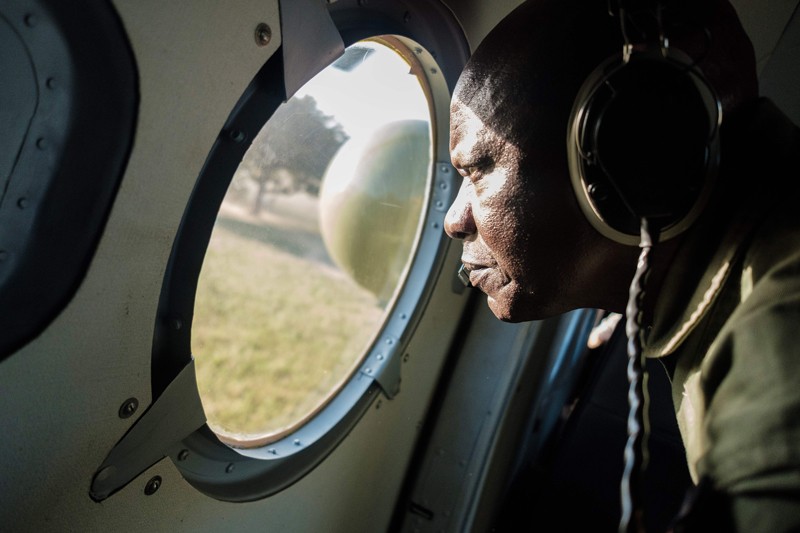While all eyes are on the coronavirus outbreak, an under-reported emergency is threatening food, health and jobs on three continents. For the past several months, swarms of the desert locust Schistocerca gregaria — some swarms the size of cities — have devoured crops in East Africa, the Middle East and south Asia. Some 20 million people are facing a food crisis.
Governments have been left under-prepared for the scale of these attacks, and the Rome-based United Nations Food and Agriculture Organization (FAO) has appealed for US$138 million in urgent funding — some of which is needed to lease aircraft that can drop chemicals to curb the spread.
Locusts are an annual fixture after the rainy season —laying their eggs in moist soils. But the size of this year’s swarms — the biggest for at least 25 years — are due in part to unseasonal and often torrential rains in many areas, including Eritrea, Ethiopia, Iran, Pakistan, Saudi Arabia and Yemen. The FAO’s calls must be heeded — especially as more rains are to come, bringing the potential for yet more devastation. But at the same time, some of the governments concerned must ask themselves what more they could be doing to limit the damage.
In many countries, meteorological offices share climate and weather data with what are called desert-locust-control offices. These are set up to forecast locust infestations, and to advise on potential crop losses and mitigation measures. East Africa has a regional body called the Desert Locust Control Organization for East Africa, headquartered in Addis Ababa and funded by nine African countries.
Nature has been told that some members — such as Djibouti, Somalia and Sudan — have been unable to pay their membership fees for many years and collectively owe the organization more than $8 million. Uganda, which partially cleared its arrears last month, still owes $2 million. Somalia and Sudan have both experienced severe conflict, so it’s understandable that locusts have not been a priority. But the insects can be just as threatening to well-being, and if individual countries can’t pay their way, then the African Union or the UN need to step in. Paying into locust-control offices should be regarded as keeping up an insurance policy. The hope with insurance is that it’s never needed, but the facility must always be there should the need arise.
The focus now is rightly on emergency food relief. But preparations for coming swarms need to be accelerated. The African Union and the UN must ensure that countries’ desert-locust organizations, informed by the latest research, are better equipped to help when the time comes.
Nature 579, 174 (2020)
Source: Ecology - nature.com





